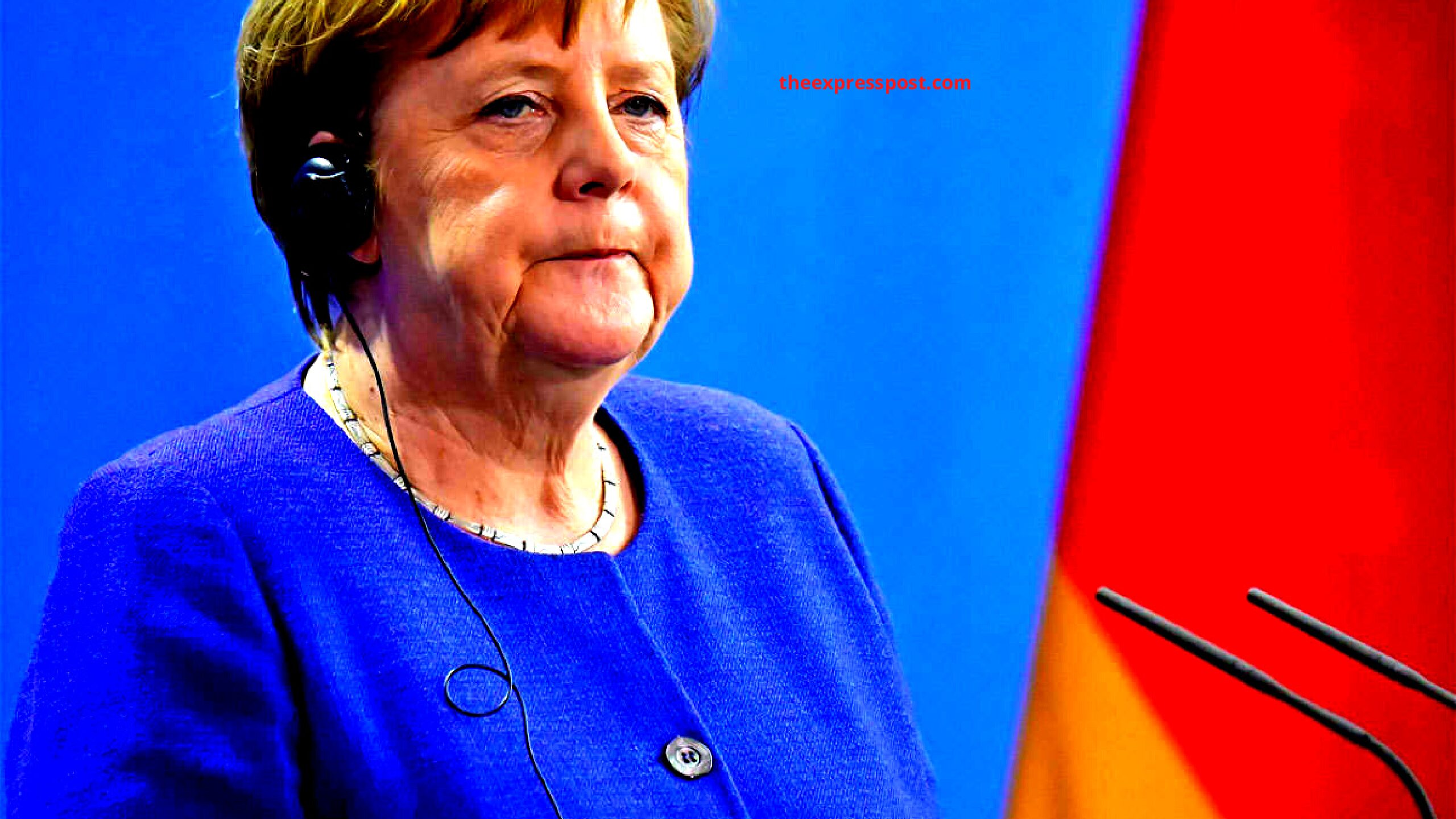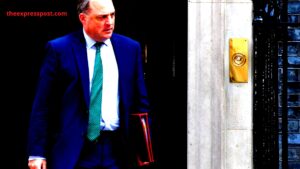
An Expert Explains: The Angela Merkel era and India
Germany has voted for a change, but with a mandate that needs tons of negotiations before subsequent government is made After a slow campaign start, the centre-left Social Democrats (SPD) and their candidate for Chancellor Olaf Scholz, who were a part of outgoing Chancellor Angela Merkel’s governing coalition, have managed to rework the initial perception of German voters, and climb to the highest of the chart. The conservative Christian Democratic Union (CDU) and its leader Armin Laschet have slumped to an rock bottom , and should be forced to require a seat within the opposition.
The Greens, with their candidate for Chancellor Annalena Baerbock, have emerged because the third largest party, clearly showing the response among voters to the climate crisis. the normal kingmaker of the past, the Liberal Party (FDP), is in fourth position, and remains crucial to forming the govt . The populist right Alternative for Deutschland (AfD) has moved down the ladder but will still be present in Parliament, which shows that they’re entrenched in Germany’s political landscape.
Once the ultimate results are declared, the long process of forming the govt are going to be tried by both the SPD and CDU Angela Merkel was Chancellor for 16 years — from 2005 to 2021. What did she do right to be ready to serve for therefore long?
Merkel is that the third leader from the CDU to possess had a very long tenure as Chancellor. the opposite two leaders were Dr Adenauer (1949-63), who laid the inspiration of West Germany , and Dr Helmut Kohl (1982-98), who was called the Chancellor of Unification.
Merkel broke the ceiling to become the primary woman Chancellor from the Conservative Party , and was kept within the post by a mixture of political, economic, and social factors. Her middle-of-the-road approach made her appear a secure bet when things weren’t stable politically, and won her support at the domestic and European levels.
While many in Europe saw her because the only strong leader on the continent, to others she appeared as being risk-averse during a typically German way — which brought the reassurance that she would lead without rocking the boat. With the CDU being the most important party within the last four elections, and Merkel facing no significant challenge to her leadership from within, she could drive the negotiations for coalition governments, but she didn’t always to urge the optimal outcome. Thrice she formed a government with the Social Democrats, termed the “Grand Coalition”.
How are the economy, society, and politics of Germany different today from what they were when Merkel became Chancellor?
A number of political, economic, and social developments in Europe and therefore the world had their impact on Germany. Merkel benefitted from economic reforms initiated by her predecessor Gerhard Schröder — including a discount in taxes, merging of unemployment and welfare benefits, and increasing the pliability of the labour market. As a robust export-based economy, Germany under Merkel outperformed France, the UK, Spain, and Italy in Europe, and posted robust exports behind only China and therefore the US.
During her tenure, unemployment in Germany decreased by an order of three million, and 5 million more people got jobs. The innovative “kurzarbeit” short-time work scheme saved thousands of jobs, and prevented layoffs by giving firms subsidies to stay workers on the rolls during the financial crisis and therefore the pandemic However, Germany has been slow to adapt to digitalisation — and OECD data show it ranks 34th out of 38 industrialised countries in Internet speeds.

